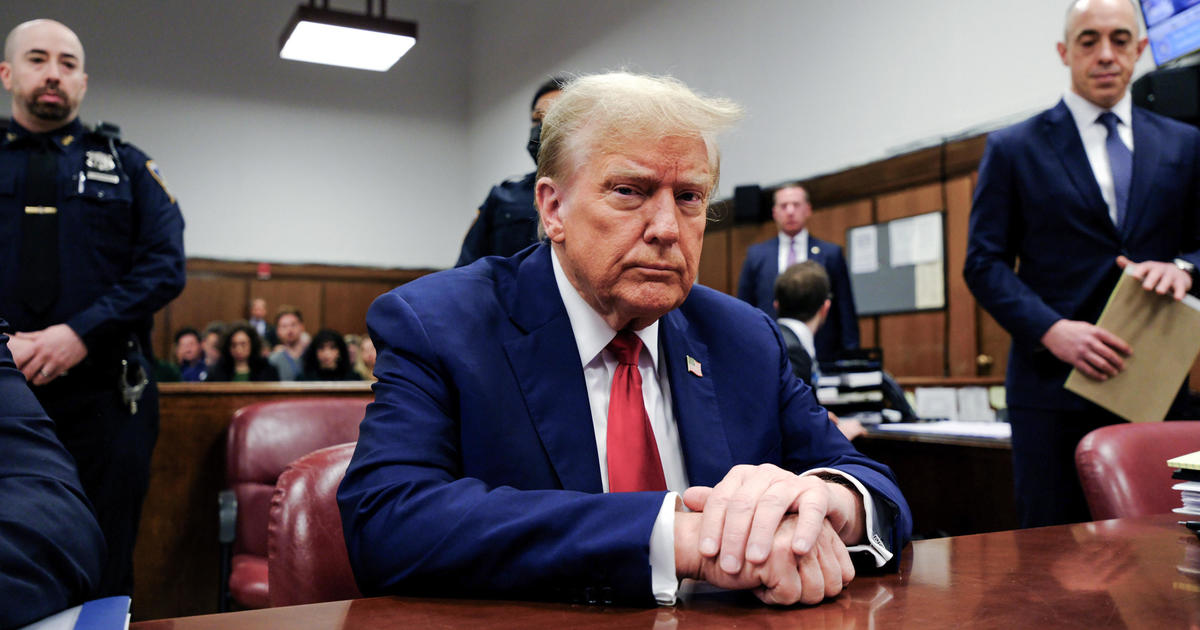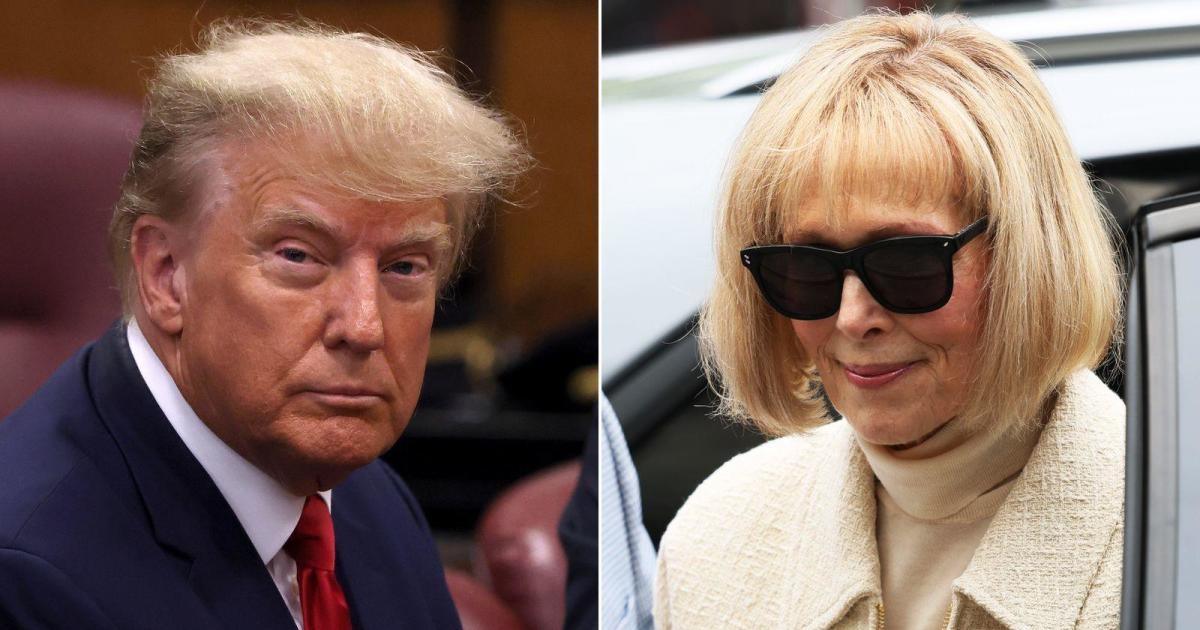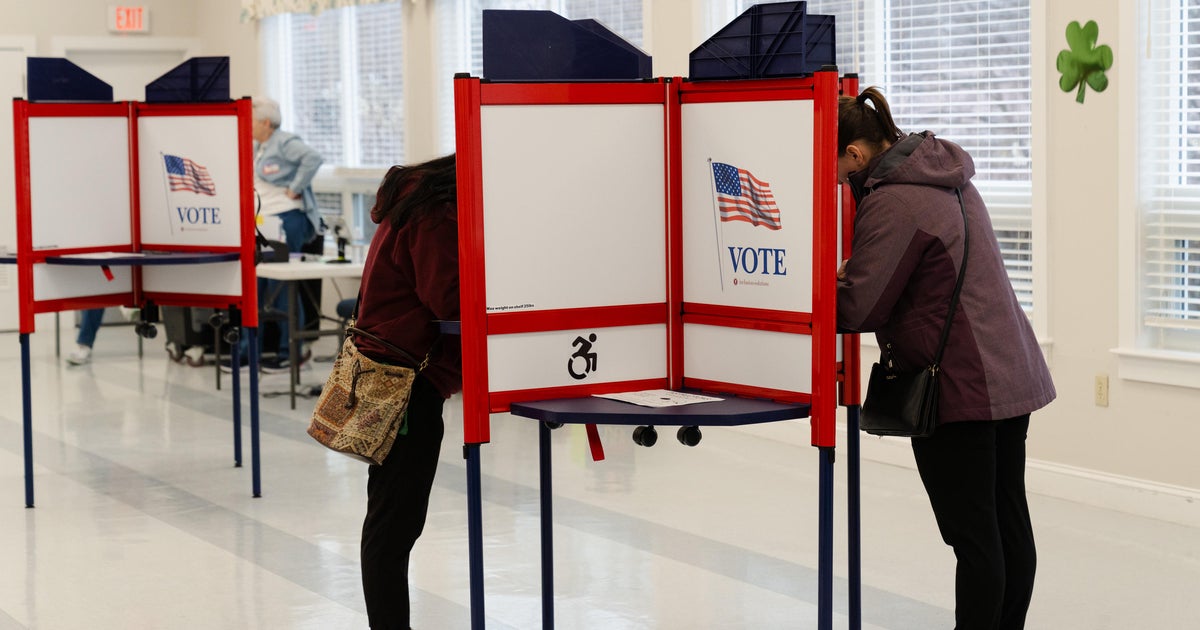Trump's attorney didn't want him to sign financial disclosure as true
President Donald Trump's attorneys originally wanted him to submit an updated financial disclosure without certifying the information as true, according to correspondence with the Office of Government Ethics.
Attorney Sheri Dillon said she saw no need for Trump to sign his 2016 personal financial disclosure because he is filing voluntarily this year. But OGE director Walter Shaub said his office would only work with Dillon if she agreed to follow the typical process of having Trump make the certification. That is standard practice for the thousands of financial disclosure forms OGE processes each year.
The Associated Press obtained the letters under a Freedom of Information Act request.
"As we discussed, OGE will provide this assistance on the condition that the President is committed to certifying that the contents of his report are true, complete and correct," Shaub wrote in a May 10 letter. "When we met on April 27, 2017, you requested that he be excused from providing this certification."
In her letter to Shaub, Dillon says the president will "sign and file" documents regarding his 2016 financials by mid-June — an indication that she agreed to the OGE requirement that the president certify the information as true to the best of his knowledge.
Dillon also stressed in her letter, dated May 9, that Mr. Trump is under no obligation to file a financial disclosure this year and is doing so voluntarily. "President Trump welcomes the opportunity to provide this optional disclosure to the public, and hopes to file it shortly," she wrote.
Personal financial disclosures include an accounting of a person's personal income, assets and liabilities. Mr. Trump's 2016 form will span his general election candidacy, election and transition to power — potentially shedding light on the immediate impact his Republican nomination and election had on his Trump Organization.
Last May, then-candidate Trump's disclosure form showed his business empire had grown in value while he was running for office. However, the information is no substitute for tax returns, which Trump has chosen not to release — breaking the long tradition of his predecessors. Tax documents would show his effective rate of income tax and detail the extent of his charitable giving.
Mr. Trump's decision to file a personal financial disclosure puts him in the company of past Presidents Barack Obama, George W. Bush and others.
Shaub references that history in the first line of his letter to Dillon: "Thank you for your letter dated May 9, 2017, regarding the President's decision to adhere to the longstanding tradition of voluntarily filing a public financial disclosure report in the first year after taking office."



